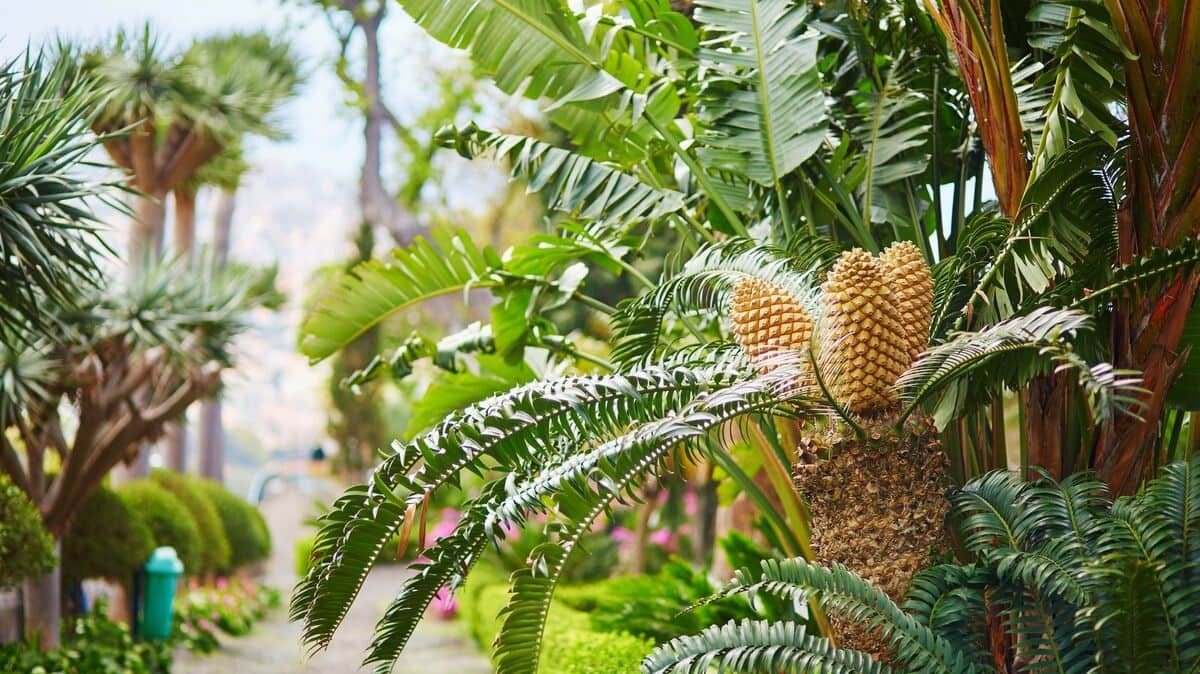
How scientists are using AI to save world's loneliest plant
What's the story
In an effort to prevent the extinction of Encephalartos woodii, potentially the world's loneliest plant, drones and artificial intelligence (AI) are being utilized. E. woodii is a cycad, the oldest surviving seed-bearing plants on Earth, predating even dinosaurs. The last wild specimen of this species was discovered in South Africa's Ngoye Forest in 1895. Despite propagation in botanical gardens preventing total extinction, all remaining members of the species are males, as the last wild E. woodii was male.
Drone exploration
Drones explore uncharted forest in search of female 'E. woodii'
To assist the male-only E. woodii species, researchers are deploying drones to explore the uncharted Ngoye Forest, South Africa, in search of a female plant. These drones are equipped with multispectral cameras, aiding in identifying specific plants and their features. The forest spans 10,000 acres and a recent survey of just 195 acres generated 15,780 images. To efficiently analyze the massive amount of images generated by the drones, researchers are utilizing AI.
Future plans
Potential sex change for E. woodii
If the approach to locate a female plant fails—none have been found yet with less than 2% of the forest searched—scientists are considering inducing sex change in a male plant. Dr Laura Cinti, who is leading the project, explained that there have been reports of sex change in other cycad species due to sudden environmental changes such as temperature, so they are hopeful they can induce sex change in the E. woodii too.
Cycad survival
Reviving E. woodii: A significant achievement for endangered organisms
Cycads, including E. woodii, have existed for over 300 million years and are now considered one of the planet's most endangered organisms. Rescuing E. woodii from the brink of extinction would be a significant achievement in conservation efforts. Cinti expressed her inspiration by the story of E. woodii, likening it to a tale of unrequited love, and remains hopeful that a female plant exists somewhere in the vast Ngoye Forest.